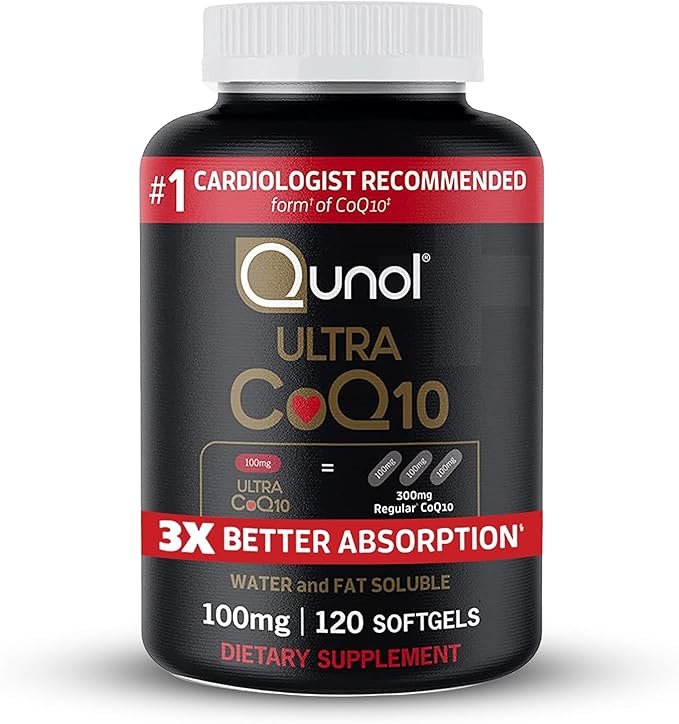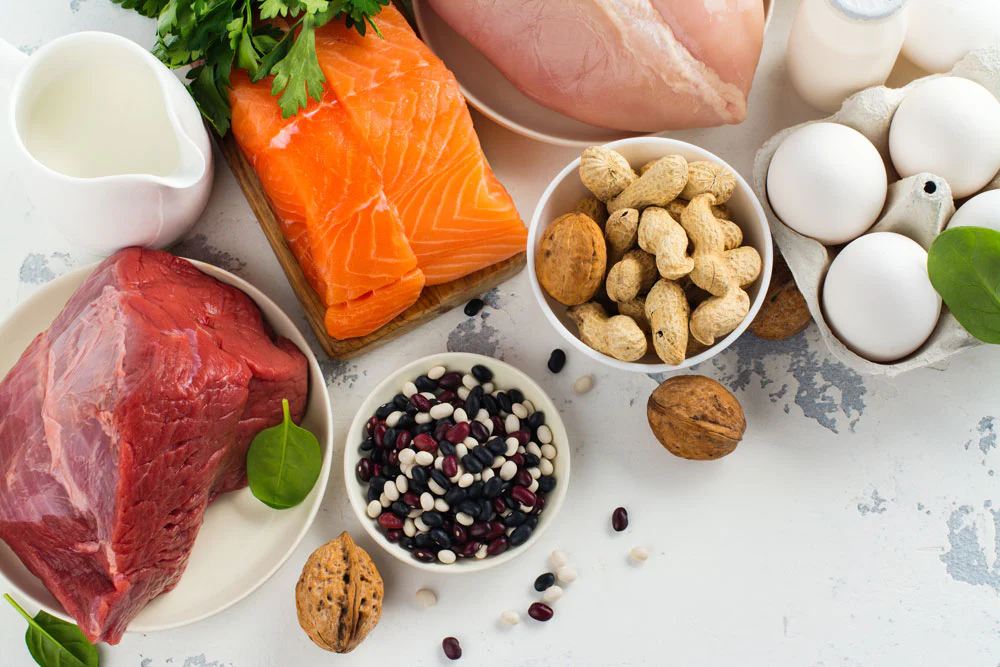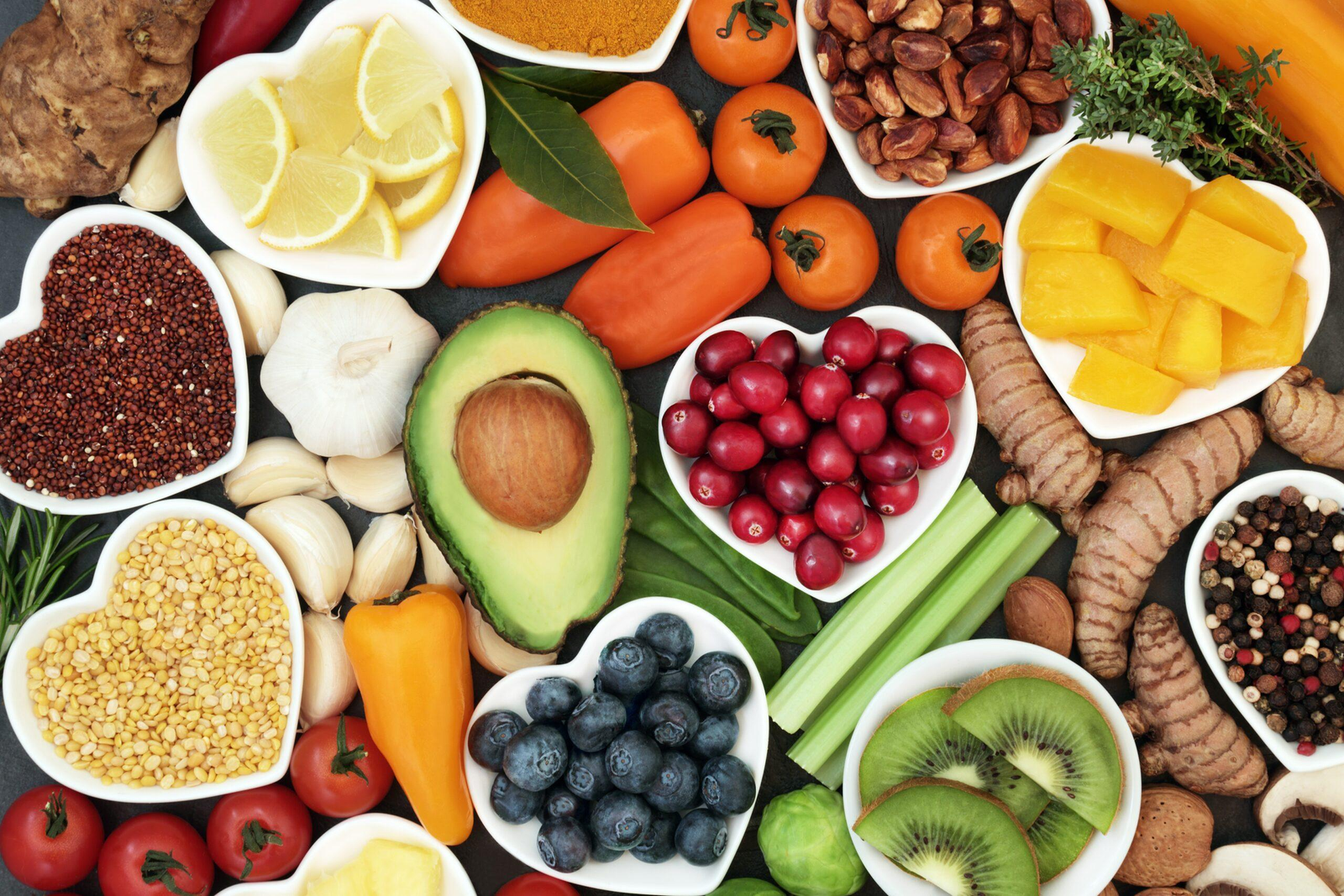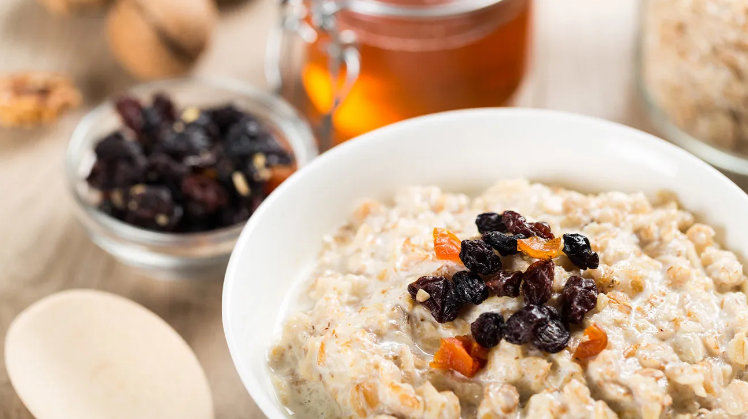Are You Eating Enough Choline-Rich Foods?
Choline is the unsung hero of the nutrient world. But if you’ve been hearing the term on social media lately and thinking, “Is this a new trendy health fad, or should I be paying attention?” Here’s a quick quiz to clear things up:
What is choline?
A) A nutrient that helps your brain and liver. B) The title of a classic country song. C) The chemical found in swimming pools. D) An illness you get from tainted water.
Drumroll, please… The correct answer is A!
Despite its name rhyming with some country tunes or sounding like something you’d find in a pool, choline is actually a super important nutrient. It helps your liver, brain, and cells, and plays a key role in how your body uses fats. Plus, it supports muscle function, memory, and mood regulation. Your body makes a small amount, but most of it comes from foods rich in choline.
Though choline’s been studied for over a century, it didn’t get its official “essential nutrient” badge until 1998. But despite the late recognition, it’s still often overshadowed by other nutrients like vitamin D or calcium. And guess what? You’re probably not getting enough of it. In fact, research shows most people fall short.
How Much Choline Do You Really Need?
While your liver makes a small amount of choline, most of us aren’t getting enough through our daily diet. So, how much do you actually need? That depends on your age, sex, and whether you’re pregnant or breastfeeding. Here’s the recommended daily intake (in milligrams):
| Age and Life Stage | Recommended Amount |
| 0–6 months | 125 mg |
| 7–12 months | 150 mg |
| 1–3 years | 200 mg |
| 4–8 years | 250 mg |
| Females 14–18 years | 400 mg |
| Males 14+ years | 550 mg |
| Females 19+ years | 425 mg |
| Pregnant Females | 450 mg |
| Lactating Females | 550 mg |
Signs You Might Be Low on Choline
So, what happens if you’re not getting enough choline? While a full-blown deficiency is rare, being low on choline can lead to some noticeable issues, including:
Muscle aches or damage
Nerve damage (hello, tingling sensations)
Memory loss or cognitive problems
Mood swings
Fatigue
Liver damage, like fatty liver disease
Pregnant women are at the highest risk of complications from low choline, which could increase the risk of brain and spinal cord problems in the baby.
Top Foods High in Choline
Good news — choline is found in a variety of common foods, so you can easily boost your levels. Here’s a quick rundown of choline-rich foods:
Meats & Fish: Liver tops the list (surprise!). But if organ meats aren’t your thing, chicken, beef, and cod can help.
Eggs: They’re a powerhouse of choline, especially the yolk. One hard-boiled egg packs around 147 mg of choline — about 27% of your daily needs!
Dairy: Milk, yogurt, and eggnog are some dairy options that offer choline.
Vegetables & Mushrooms: Cruciferous veggies like broccoli, cauliflower, and Brussels sprouts, as well as mushrooms, give your choline levels a boost.
Legumes & Nuts: Soybeans, lentils, chickpeas, and nuts like almonds also contain decent amounts of choline.
Whole Grains: Wheat germ, quinoa, buckwheat, and oats contribute to your choline intake as well.
Do You Need a Choline Supplement?
For most people, food is your best bet for getting enough choline. However, there are certain situations where a supplement might be helpful:
If you’re vegetarian or vegan (since you may not get enough from plant-based foods)
If you have food allergies
If you’re pregnant, breastfeeding, or postmenopausal
If you have memory problems
Talk to your healthcare provider before starting any choline supplement to find the right dosage for your needs. They can guide you on which types of choline your body absorbs best, such as Alpha-GPC or CDP-choline (citicoline).

Conclusion: Fuel Your Body Right with Real Foods
Getting the right nutrients — including choline — is essential for your body to run smoothly. So next time you’re planning your meals, think about adding more of these choline-rich foods to your plate. Not only will they support your liver, brain, and muscle function, but they’ll also help you feel better overall.
As Zumpano wisely puts it: “It’s not just about meeting the minimum — it’s about helping your body function at its best.” So, make your food choices count — your body (and brain) will thank you!
Note: Internal links to other health-related articles or nutrient-specific posts would be great here for SEO, like linking to a post about brain health or liver health to deepen the topic.




